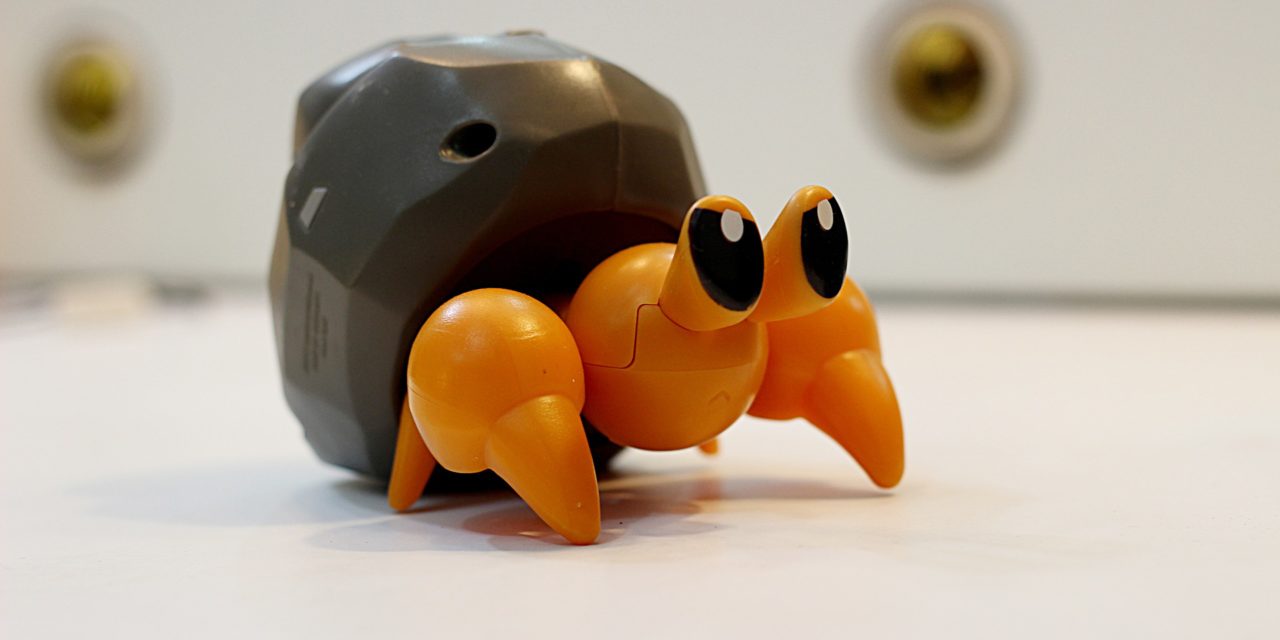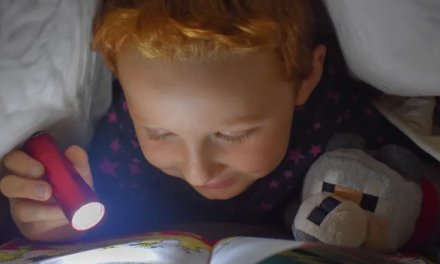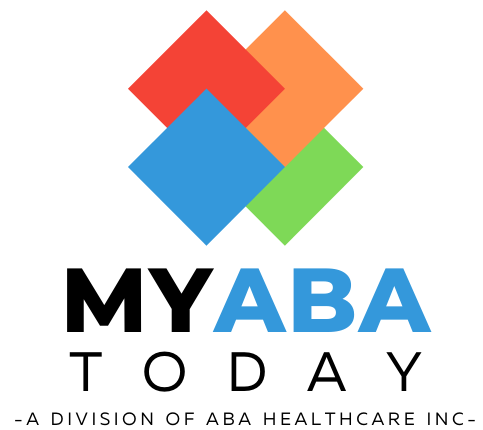By now you have probably heard of Pokémon Go! It is a mobile game developed by Niantic that includes location-based augmentative reality. In other words, using the GPS on your phone, the game identifies real-world locations near you and the “digital you” on your phone screen searches for, captures and trains Pokémons in your own backyard or community. Parents and caregivers are reporting that it is encouraging children with autism to go out in the community, to initiate conversation with other kids and even complete strangers. While these reports are heartwarming and encouraging, parents should consider using the Pokémon Go! game for children with autism with a level of caution. The game itself has a great concept and appears to be motivating many children with autism to interact with others in his/her respective communities. However, for many children with autism, this presents some inherent risks. Some of the risks include stranger danger, and attending to the environment and road/pedestrian safety. If you decide to try out this very popular game, please keep in mind the following tips to help keep your child with autism safe:
Tip #1 Supervision
Given the propensity for this game to encourage exploration of the community, it is strongly encouraged you ensure that children are supervised, or, at the very least, that you always know where your child is going. This might mean being side-by-side with your child or it might mean regular check-ins with texts. It all depends on your unique child’s skills. Just make sure that you are aware of where they are at all times. Be extra-vigilant if you have a child with autism who likes to seek out bodies of water. If your child needs to be supervised, then I would also set boundaries as to when and how they can play. There will be times that you are unable to go out with your child, so ensure that the game is only accessible through you so that you are always with them when they use it.
Tip #2 Road Safety
Many people have reported that the Pokémon Go! game is making people less observant of the environment around them — that people are walking into sign posts or being less careful when walking because they are looking at their smartphone to play the game in their community. Teaching road safety skills is a great idea. Make sure that your child is paying attention to road safety signals and moving vehicles when they are out and about in their respective community using Pokémon Go!. For more info on how to do that, check out my article on teaching pedestrian safety here. If you are concerned about this for your child, it is important that you are with them at all times when they are out in the community.
Tip #3 Stranger Danger
According to some parents, children with autism are initiating conversation with peers and/or strangers, responding to peers initiations and conversing about this innovative game that they have in common. While this is all fantastic, it is important to remember to teach your child with autism who is safe to speak to and who is not safe. I wrote about teaching this in more detail in Issue 25 of Autism Parenting Magazine. Check it out for specific tips on keeping your child safe from strangers. One other great way to mitigate the risk of stranger danger is to set up safe meet up groups with other children for your child with autism to attend. This would be a good way to arrange opportunities for social interaction that are safe because you know who will be attending and you will be there to supervise. It is also potentially more motivating because the topic will be of keen interest to your child and may create naturalistic opportunities for your child to practice social skills with other kids with like-minded interests.
Tip #4 Consider Individual Differences
Many parents are reporting on social media that the Pokémon Go! game is making a difference for their children. While this is wonderful, it is important to remember that every child is unique and this game is going to be motivating for some children and not so much for others. You know your child best, so pay attention to how they react to it and decide if it is something of interest to them. It is also important to remember that while the nature of the game may facilitate social interactions based on a common interest, there are ways it can be used to maximize learning potential. If you are considering using it as part of an overall social skills program for your child with autism, it would be helpful to have a Board Certified Behavior Analyst (BCBA) help you with that.
The Pokémon Go! game is all very exciting and parents are reporting many benefits to using it. While these may be encouraging, it is also important to view it with a level of caution. Given it was only just released in July 2016, there is no evidence to support some of the claims that we have heard about the benefits to using it with kids with autism. This does not mean one should not use it, in fact, if your child has already shown an interest in Pokémon Go!, this game may be a nice addition to his/her skill building activities. I would just caution you to make sure that you set up your child to be as safe as possible, and try to use it in a way that makes good sense in that it maximizes learning. Finally, make sure you capitalize on the educational opportunities, notice the new amazing things that your child may be doing (e.g., speaking to a peer), and most important of all, have fun with it!











